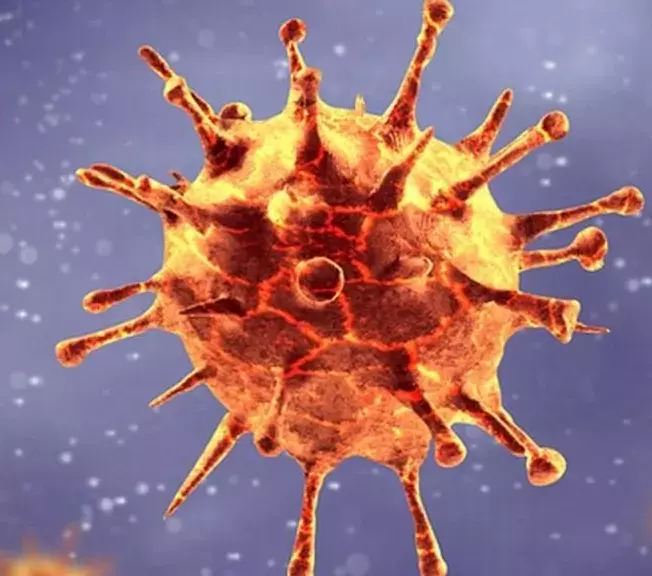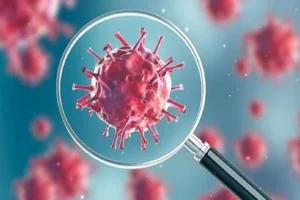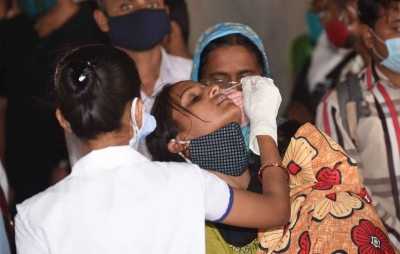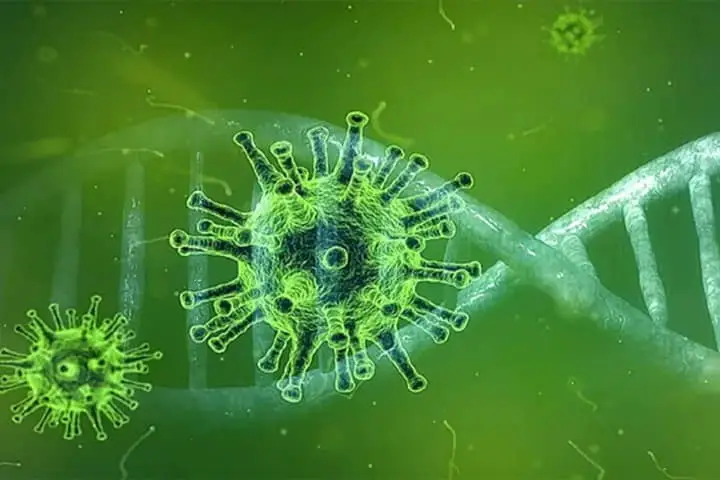India, Britain and the European Union are among the countries to announce more stringent curbs to prevent spread of the new coronavirus strain first detected in South Africa and named Omicron by the WHO.
This variant has caused more concern as it has more than 30 mutations of the spike protein that viruses use to get into human cells, UK health officials say.
That's about double the number of the Delta variant and makes it possible that some of them can break through the protection provided by existing COVID vaccines.
South African scientists say some of the mutations are associated with resistance to neutralising antibodies and enhanced transmissibility, but others were not well understood, so its full significance is not yet clear.
So more tests will be needed to confirm if it's more transmissible, infectious or can evade vaccines.
The WHO says the work will take a few weeks.
How much has it spread?
South Africa has identified about 100 cases of the variant, mostly from its most populated province, Gauteng, where Johannesburg and Pretoria are located.
South Africa's daily infections nearly doubled on Thursday to 2,465. Scientists suspect this is because of the new strain.
Neighbouring Botswana have detected four cases, all foreigners who arrived on a diplomatic mission and have since left the country.
Hong Kong has one case, a traveller from South Africa, Israel also has one, a traveller returning from Malawi in southern Africa, while Belgium has detected Europe's first case.
The variant can be distinguished in PCR tests as unlike the Delta variant it has a mutation known as the S-gene drop-out.




















